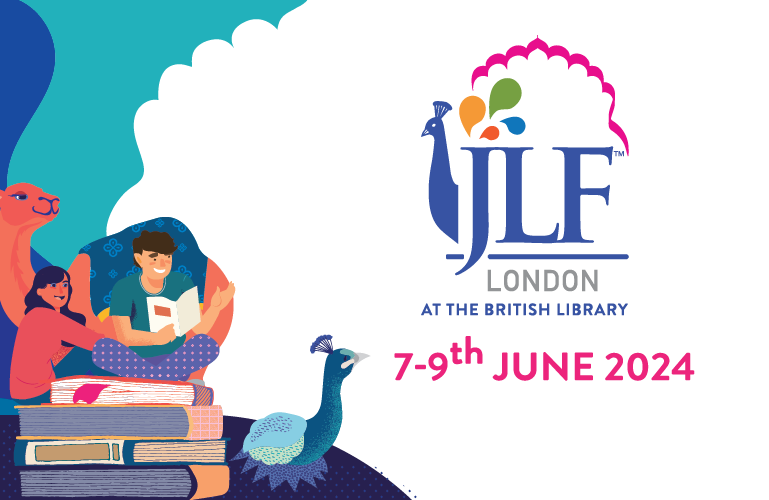

Intersectionalities: Class, Caste, Race and the Mysteries of Desire Venki Ramakrishnan in conversation with Roger Highfield
British science journalist Angela Saini’s latest book, Superior: The Return of Race Science, examines the persistent threat of belief in biological racial differences in the world of science. The session pivoted around a critical examination of the intersectional nature of how humans understand their own ethnicity, and how we frame the narratives of who we are. The central question of whether, as humans, we have the capacity to confront our own beliefs and moderate our language such that we can create a society in which equal rights, opportunities and treatment become a reality.
Professor of English Madhavi Menon is fiercely graceful in delivering her views and experience. Her energy opened the audience’s hearts to very deep-rooted differences in cultural perceptions of desire. She revealed she finds it fascinating that in Indian culture, desire is that thing that does not have a body, whereas in the West it certainly does. This, coupled with Angela Saini softly delivered observation of the impossibility of understanding race genetically, and the real-life frustrations she faces alongside people from all walks of life, really highlighted how divisions and subjective differences undermine social justice, and proliferate across diverse geographical contexts.
These struggles for Social Justice were passionately discussed by lecturer and broadcaster Kenan Malik and poet and writer Meena Kandasamy. It is apparent that power is used to create division and as a means of control in society. Discussion ranged from the caste system to Marxism, from the role of both left and right wing ideology, to the embedding of race and identity in our ways of life at the turn of the last century.
The overall message of the speakers was one of hope: the idea that use of language, willingness to really communicate, listen and actually hear each other can really contribute to mutual understanding and harmonious coexistence. But human attachment to identity on so many levels means that questions remain: do we really have the capacity to rise above our human habits and make choices that create oneness rather than division? How long will science persist as an excuse to talk the language of difference and division? And do you dare to question the narrative that lives in the mind, and instead have the courage to live bravely from the heart, as individuals, as a society and as a culture?

Leave a comment